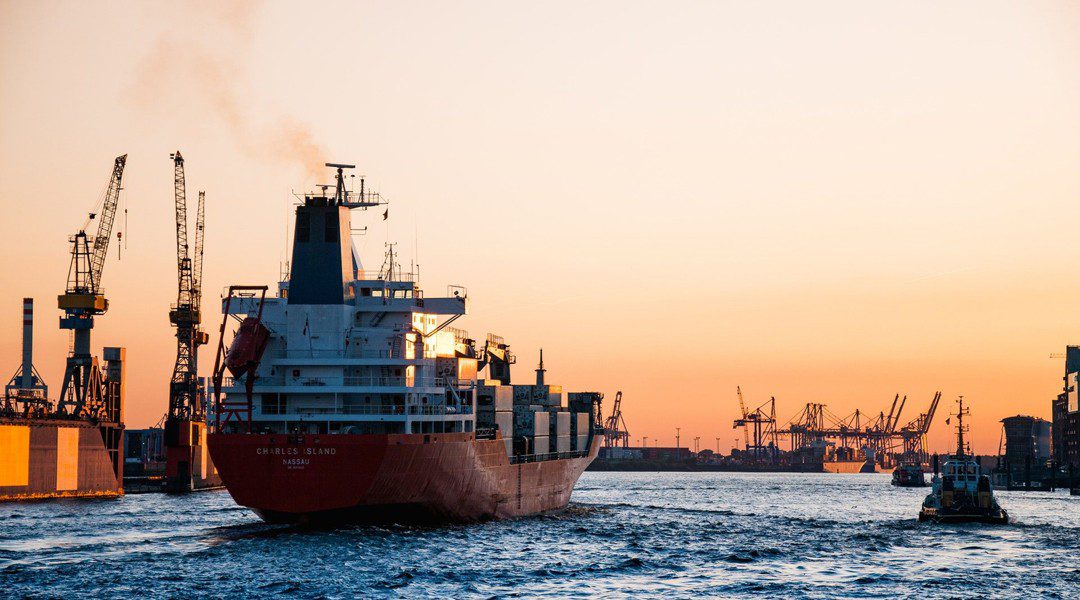Maria Angelicoussis-led Maran Gas has reportedly secured improved daily rates for a modern LNG carrier chartered on a short-term basis by Spanish energy major Repsol
According to European shipbrokers, 2024-built, 174,210-m³ Maran Gas Kimolos has been fixed for approximately 150 days at a daily rate in the mid-to-high US$40,000s, with delivery scheduled for 14 October in the US Gulf.
ICIS senior analyst Alex Froley told Riviera a vessel like Maran Gas Kimolos would likely command a premium in the market due to its advanced specifications. “If it has been chartered out at these levels, that’s a slight increase in rates from what we’ve seen over the past few weeks,” he noted.
Mr Froley added a modern prompt LNG charter was recently quoted at around US$35,000 per day. Therefore, the rate achieved by Maran Gas Kimolos would represent a step up, marking a return to levels seen – or even exceeded – in late June.
Maran Gas Kimolos features advanced ME-GI propulsion, allowing for lower gas consumption and minimal methane slip. The vessel is also equipped with energy-saving technologies, including shaft generators and an air-lubrication system.
Based on the company’s website, Maran Gas currently operates a fleet of 49 active LNG carriers and has 11 newbuildings under construction.
Market conditions and fleet trends
In its Q2 earnings report released in late July, Evangelos Marinakis-led Capital Clean Energy Carriers (CCEC) reported a recovery in the spot and short-term LNG shipping market during Q2 2025.
This rebound was driven by several factors, including the long-anticipated launch of new LNG projects – most notably Canada LNG – rising demand for cargoes in the Atlantic and Mediterranean basins, and heightened geopolitical uncertainty. As a result, average spot market rates reached US$30,000 per day in Q2 2025, representing an approximately 80% increase compared with the first quarter.
On the supply side, CCEC observed a rise in vessel demolitions, with 10 ships removed from the fleet so far this year. By comparison, 2024 set a record with only eight vessels demolished over the entire calendar year.
Despite this, analysts argue the market needs to see even more older, less-efficient vessels scrapped. “The main factor affecting LNG tanker rates has been the large number of new ships entering the market,” said Mr Froley. “New vessels have been built faster than new LNG production.”
While the supply-demand balance is expected to improve in the coming years, with the US entering a second wave of new production plants – including Plaquemines and Golden Pass – and Qatar’s output expected to double between 2026 and 2030, analysts believe further demolition activity will be essential to stabilising the market.
According to CCEC, the older technology steam turbine fleet still comprises approximately 200 vessels, which account for about 30% of the global LNG fleet currently in operation.
Encouragingly, newbuilding activity has remained moderate this year, with just eight vessels ordered over the last two quarters – well below the quarterly average of 24 contracts recorded between 2021 and 2024.





